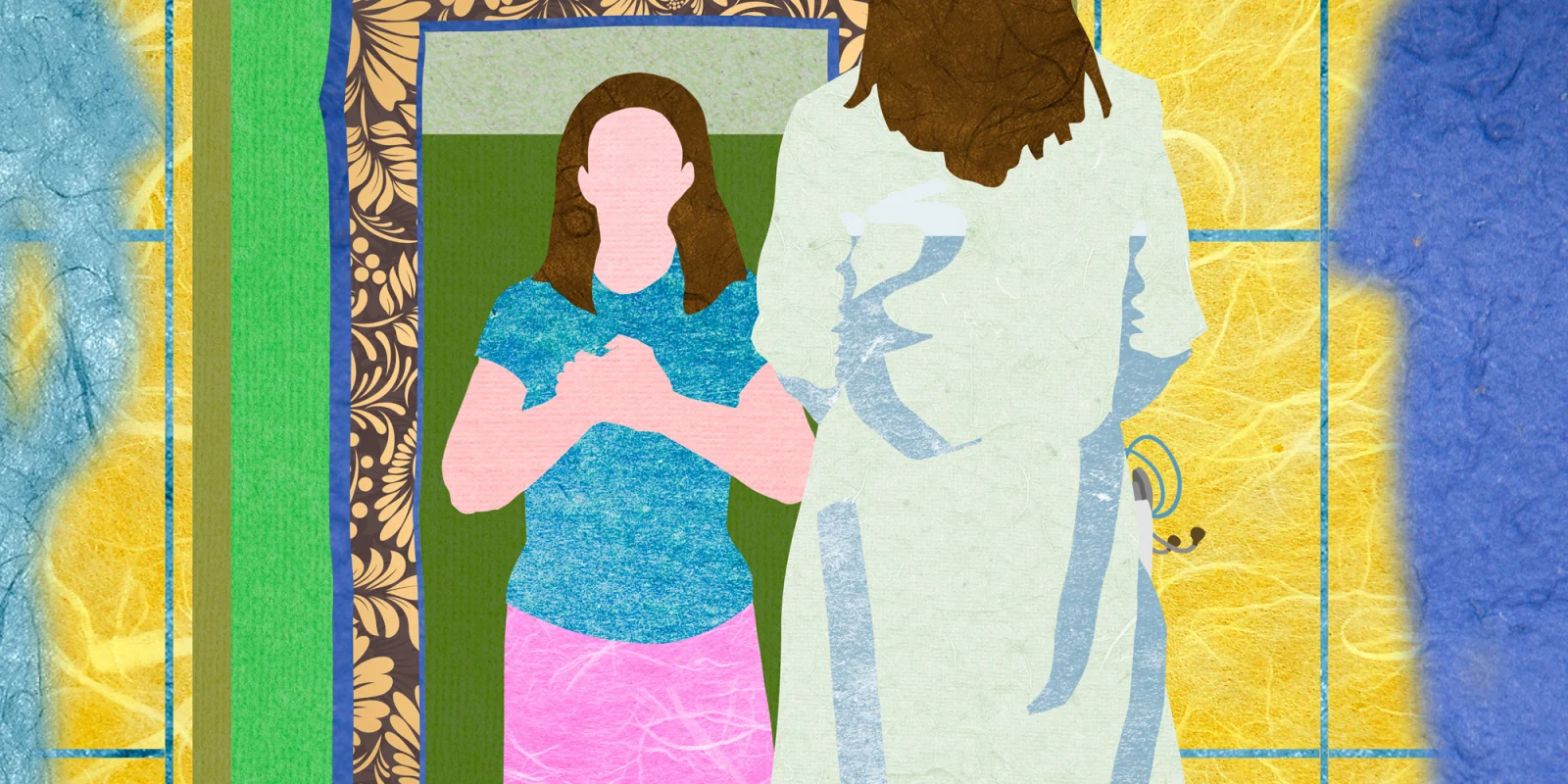
One evening at dinner, my friend who is a banker brought up the issue of medical errors — saying that it is unacceptable for doctors to mess up. She wanted to know why we don't score a 100% on every single test since we deal with precious human lives.
The two doctors at the table, myself included, burst out in laughter.
She smiled and said, “I'm serious. Did you score less when it came to the liver? Or was it the kidney? Did you choose to skip learning about the uterus or the brain?”
We simply could not respond, given the absurdity of her questions. However, she managed to bring up some uncomfortable feelings, especially shame, when I remembered the tests I have failed.
The next day, I thought about her question more. About the expectations society sets for doctors and the ones we set for ourselves. As a clinician, I do feel like I am expected to be the superhero at times, without a cape. These unrealistic expectations start to shape the way we behave at work and how we view life itself.
Failing exams made me question if I was good enough to practice medicine. We know that not all good test takers make good clinicians. I wish I had responded to my friend by reminding her that clinicians are human beings, after all. We try our best and rely on our team of experts to help us do our jobs.
In health care, we are hard-wired to do all we can to minimize error and avoid failure. The journey of training and practicing medicine rests on a premise of perfection. Yet perfectionism and shame are thought to be two sides of the same coin. As clinicians, we have the privilege of interacting with people from all sections of society during the most vulnerable times of their lives. It is worth considering then why so many of us have such a hard time being vulnerable ourselves.
To me, shame, guilt, fear, and judgement feel like the four pillars that perfectionism stands on. The shame culture in medicine is woven thickly into the fabric of our profession. We are taught to associate vulnerability with weakness, instead of courage. We learn to never show any chinks in our armor.
Given the escalating rates of clinician suicides and burnout, "wellness" and "resilience" have become buzzwords. Wellness committees are becoming a norm in hospitals and training programs. A huge component of wellness is developing the ability to be vulnerable and courageous, which is teachable.
Brené Brown, a research professor at the University of Houston, speaker, and author, openly discusses the concepts of vulnerability and shame. Her work resonates with people worldwide and is highly applicable in health care settings. She defines vulnerability as that which involves uncertainty, risk, and emotional exposure. According to her research, learning to be vulnerable and courageous are teachable skills. A skillset that needs to be taught and learned in medical school — or better yet from childhood itself. Learning to clean our teeth and bodies are no brainers. Cleaning our minds and sorting through emotions is equally important. Yet, most of us are not taught routinely how to do so.
Being courageous requires us to be vulnerable. In Medicine, each day is filled with uncertainty, risk, emotional exposure and new discoveries. The nature of our profession demands courage, confidence, and vulnerability on a daily basis and that is a beautiful thing. Shame, however is counterproductive and we need to learn more about it.
The way we handle shame impacts the way we treat each other and communicate with patients. It colors our responses to medical errors and affects the way we teach and treat our trainees. We are trained to recognize discomfort in patients. We are not trained how to recognize our own pain or name the emotions we feel. We are not trained to cope effectively with death, medical errors or malpractice suits. These very issues are what perpetuate a toxic culture leading to dropout, burnout and more. We are tested on our Intelligence Quotient. What about our Emotional Quotient?
My 31-year-old patient had a sudden and unexpected death in the Intensive Care Unit within a few days of his admission. His untimely death affected everyone involved in his care deeply. In the time that lapsed between his death and the autopsy report, I had experienced what shaming in medicine involved. Every clinician has encountered a similar experience at some point in their careers. It is all too familiar and quite distasteful.
The safety checks we have today are a result of reported errors. Mistakes can lead to innovation and creativity. Health care workers come to work wanting to do the right thing. And yet, to err is human. Penalties for errors are heavy in the field of health care. Whether it is losing your license to practice or facing a malpractice suit. Then there is our own conscience we get to face, hoping we did right by every patient every day. Maybe we can be more graceful in handling the moral injury and shaming that ensue when mistakes do happen in Medicine.
When we respect pain and allow ourselves to feel it fully, we heal faster. Learning to sort through difficult emotions helps us cope in a healthier way. Living with unacknowledged pain can make it easier to inflict misery on others or engage in self-destructive behaviors. Learning to recognize shame and dealing with it effectively will make us better clinicians and improve our existing culture in Medicine. These transformative skills are now being taught in workshops to employees in Silicon Valley increasingly.
It is time for health care to invest in these skills. It will positively impact the way we learn, work and teach; ultimately improving patient care. We are taught to prioritize patient care above all else. A paradigm shift to focusing on understanding our own inner workings first, will lead to the same goal. Learning to deal with shame is part of self-care in health care. And when clinicians practice self-care, patients receive exceptional care.
Sonali Mantoo, MD is a critical care clinician, consultant, simulation educator, dancer, and yoga teacher. Originally from India, she lives in New York. Currently on a sabbatical, she is devoting her time to family abroad, travel, and creative pursuits.
Illustration by Jennifer Bogartz






